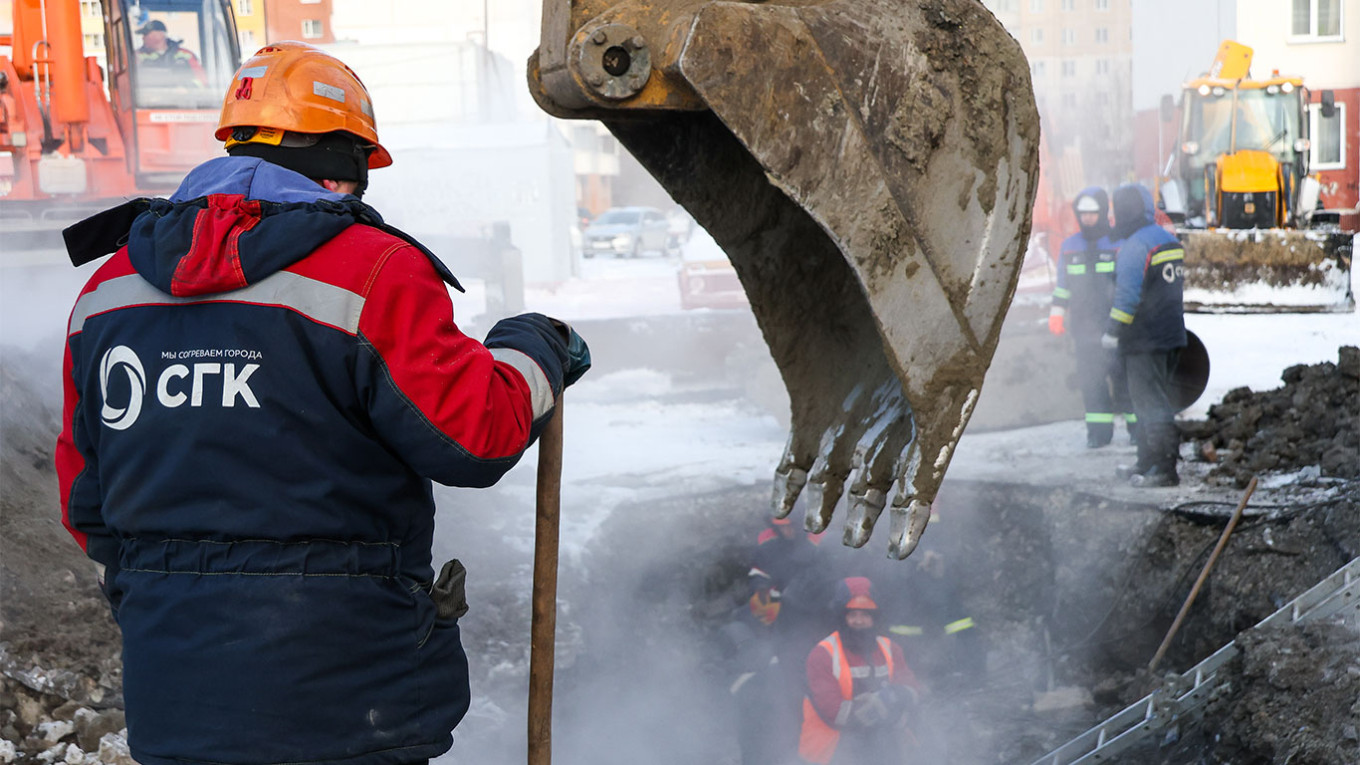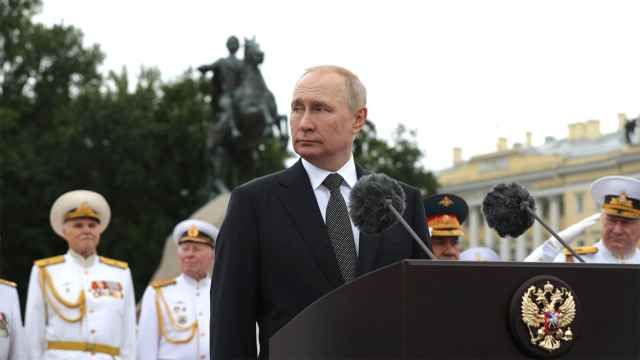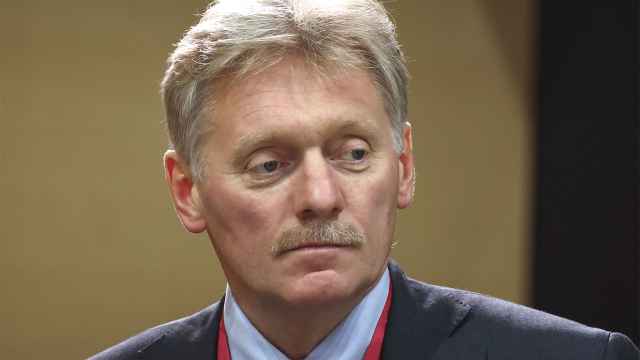Over the past few weeks, residents of several Russian regions have been hit hard by public utility outages, affecting power supplies and leaving people without heating in -20 degree Celsius weather. Understandably upset, citizens have made desperate appeals to President Vladimir Putin for help.
The problem may have been exacerbated by extremely cold winter weather. But service disruptions and accidents due to the chronic decay of public utilities have been a long-standing problem, as the investigative news outlet iStories described in detail last year. In 2023, even the deputy chair of the State Duma’s committee in charge of housing and utilities noted that 80% of utility networks were in need of repair or replacement.
The actual number might be higher. In 2022 a government report identified large gaps in financing, stating that an additional 3% of utility networks were becoming accident-prone every year. At the same time, the pace of replacements has slowed, rather than gained pace, in recent years.
Like many other public policy reforms in Russia, the modernization of utility networks has fallen victim to wishful thinking, corruption and political short-termism. Successive Russian governments have tried to reform the sector at least once a decade since the fall of the USSR. These efforts all failed to reach their objectives, as did an attempt to attract private investment over the past decade.
Similarly to the reform of waste management, which was started in 2019 on similar principles, many consumers were affected by rising prices for services that did not improve. Over the past two years, a state-stimulated construction boom and a forced trade pivot to Asian markets have likely strained these systems further.
At the same time, there is less public money to spend on repairs and upgrades. True, regional expenditure on housing and utilities rose by more than 20% in the first nine months of 2023. But this happened after a series of protests triggered by poor service quality and high tariffs, suggesting that the issue can raise political risks. Furthermore, federal expenditure on housing and utilities is expected to drop from 881 to 381 billion rubles ($10.6 billion to $4.3 billion) per year between 2024 and 2026.
Only a fragment of this money is specifically allocated for network repairs. Thus, in 2022, the government designed a new program to increase federal financing to modernize utility networks. 30 billion rubles were allocated for this purpose in 2023, with the promise of an additional 100 billion in 2024. Regions were asked to design their own plans and apply to a central operator for financing. Many did so over the past year. But eventually, the program was cut. In Russia’s war-focused federal budget, instead of 100 billion, the program will distribute a mere 12 billion in 2024, albeit the promises to raise these funds eventually remained.
Even if one takes at face value the expectations that federal financing will be complemented by regional and “extra-budgetary” (private) money, this would hardly be enough to upgrade networks. In 2022, experts estimated that a complete upgrade would need more than 4 trillion rubles. This is not beyond the means of the Russian budget — it is less than the 4.75 trillion rubles that the government expects the reconstruction of the newly occupied territories in Ukraine will cost in the coming years — but with the rigid constraints placed on policymaking by the Kremlin’s obsession with the war, it is unlikely that this money will be allocated for development.
Regional officials, who are mostly charged with keeping their provinces quiet and obedient, and the local elite under control, could put these problems off for a long time, as they did not lead to immediate problems. Most residents affected were poorer than average. Service degradation, while it led to deaths occasionally, was largely a gradual decline that most people could live with.
In a characteristic move, however, Putin immediately went into crisis management mode when the problem reached the Moscow region. During the past week, after a heating main burst in a military production plant on the capital’s outskirts, leaving thousands of apartments without heating. The president ordered local officials to fix the situation and the plant to be nationalized. A deputy mayor and two corporate officials were arrested. Similarly, during a 2009 trip to Pikalyovo, Putin reacted to protests over the closure of local factories by ordering their reopening, publicly humiliated oligarch Oleg Deripaska in the process.
While 15 years later the theatrics are admittedly less impressive, the parallels show that while politicians may come and go, the core logic of Russia’s crisis management — and by extension domestic policymaking — system remains the same. When an issue is too complex and widespread to easily fix, but also too obvious to ignore, the main purpose of the system is to shift the blame from the Kremlin to local actors to show that, whoever is at fault, it is definitely not Putin.
Federal financing may decrease, but the Kremlin still expects regional governments to keep tabs on these problems, and act if they risk escalating political threats. Dagestan, where residents have been experiencing electricity disruptions for months — and where the government has increased funding, but also raised the prospect of stricter financial control — is a case in point.
The Kremlin’s fear is likely not that people will suddenly become interested in the issue as it gradually worsens, but that due to continued negligence something truly terrible happens that lights a match under the undergrowth of quiet grievances. This happened with the 2018 fire at the Zimnyaya Vishnya shopping center in Kemerovo, which caused sixty deaths and sparked protests. Five years of stagnating incomes later, people have even more to grumble about.
Most governors have little fiscal space to play with, and 2024 will deliver more modest growth in income tax revenues than before. Reacting to the recent disruptions, Kursk governor Roman Starovoit said his region would need to triple expenses with further federal money needed to fix public utilities.
Most regions are dealing with a growing number of conflicting priorities, from keeping local economies stable to financing reconstruction in the occupied territories of Ukraine. But Moscow is not looking to them to solve this problem, or any other systemic issues. The Kremlin simply expects governors to make sure that they remain manageable by acting when and where they expect trouble.
Experience suggests that governors will use the brief moment while the issue is on the Kremlin’s radar to angle for additional funds. Law enforcement and the security services will be happy to look into corruption related to public utilities — and likely gain leverage over local actors in the process.
Putin, for his part, will continue to talk about these issues sympathetically and chide federal and regional officials. Such turbulence does nothing more than reinforce the status quo — until something gives.
A Message from The Moscow Times:
Dear readers,
We are facing unprecedented challenges. Russia's Prosecutor General's Office has designated The Moscow Times as an "undesirable" organization, criminalizing our work and putting our staff at risk of prosecution. This follows our earlier unjust labeling as a "foreign agent."
These actions are direct attempts to silence independent journalism in Russia. The authorities claim our work "discredits the decisions of the Russian leadership." We see things differently: we strive to provide accurate, unbiased reporting on Russia.
We, the journalists of The Moscow Times, refuse to be silenced. But to continue our work, we need your help.
Your support, no matter how small, makes a world of difference. If you can, please support us monthly starting from just $2. It's quick to set up, and every contribution makes a significant impact.
By supporting The Moscow Times, you're defending open, independent journalism in the face of repression. Thank you for standing with us.
Remind me later.








